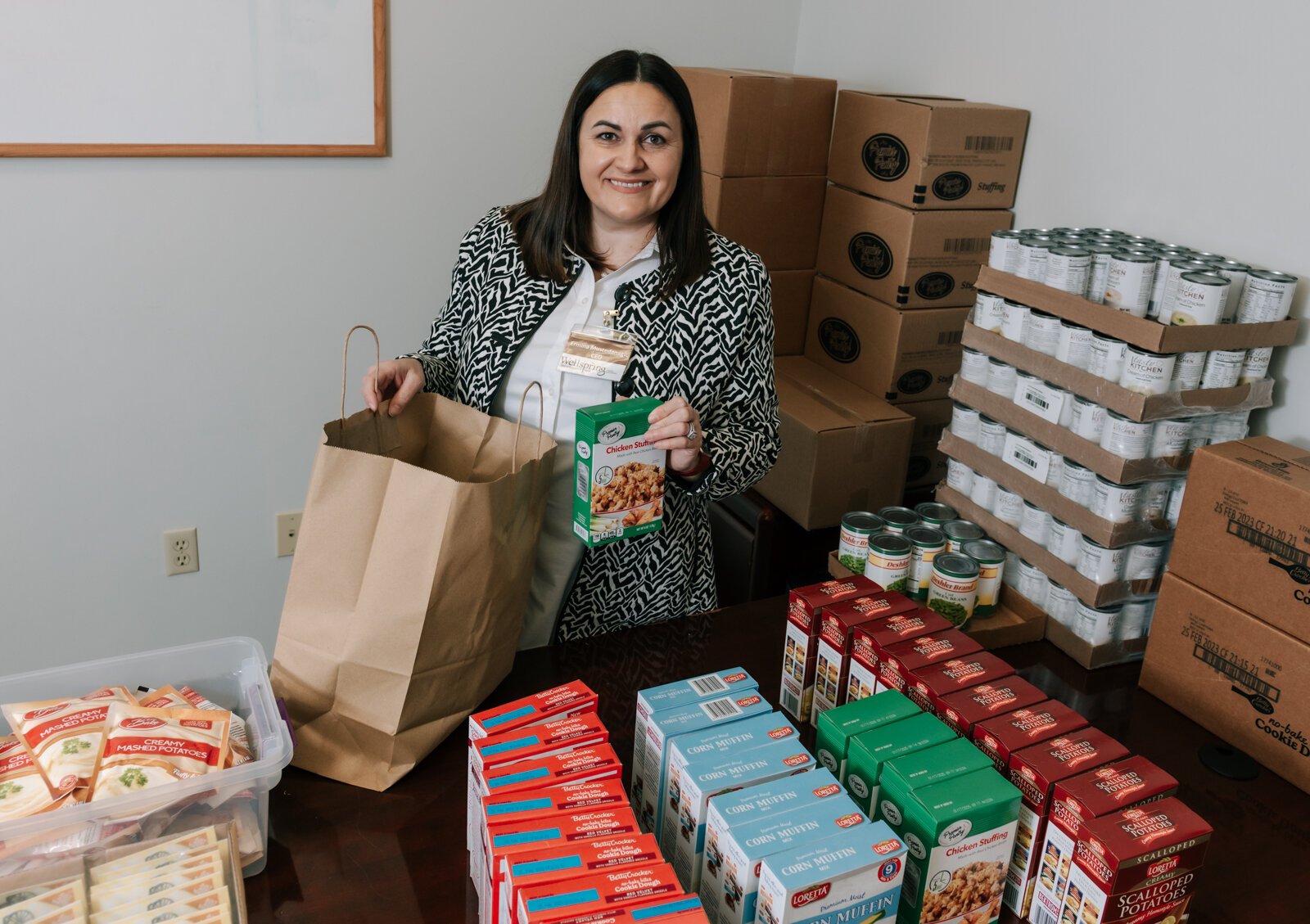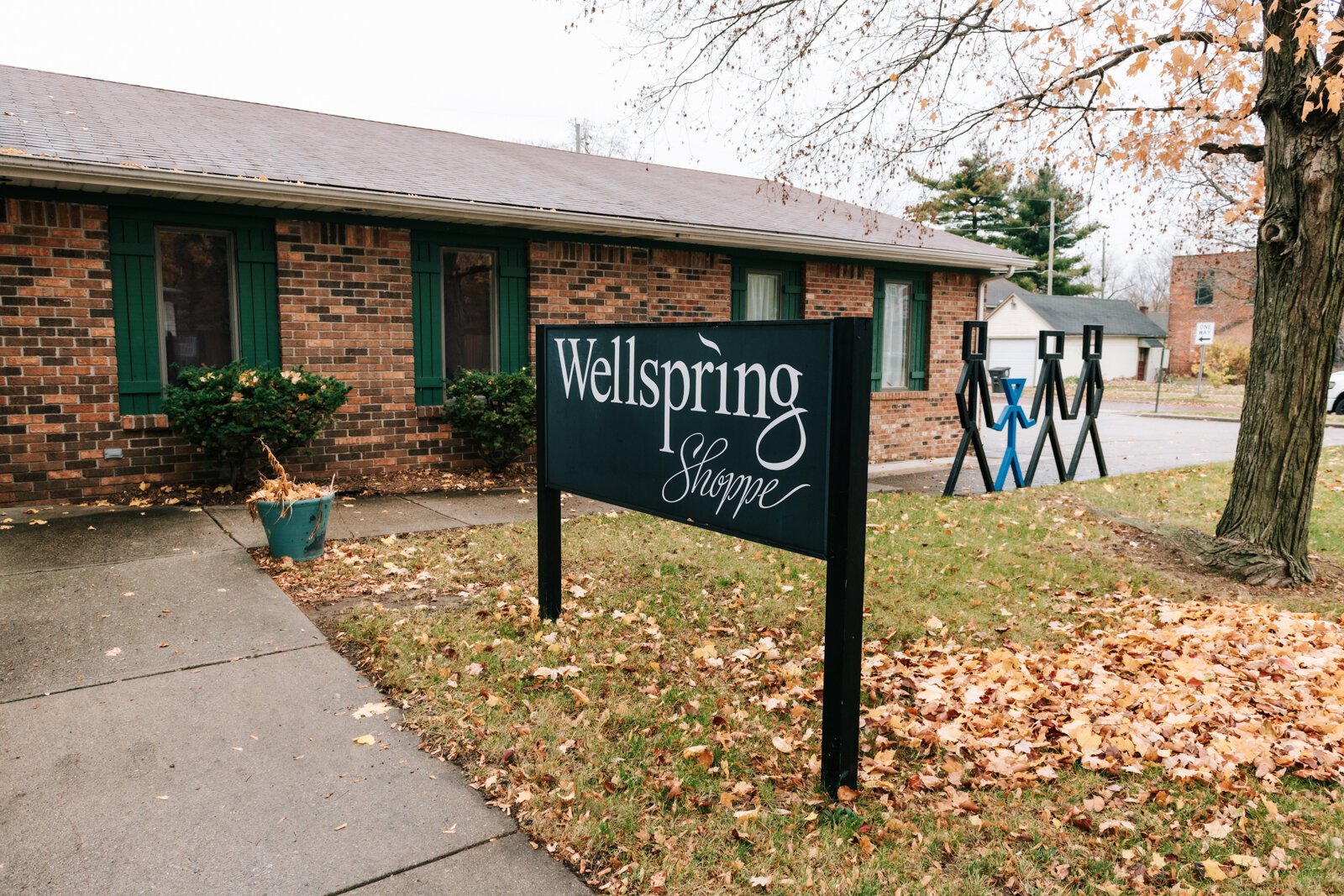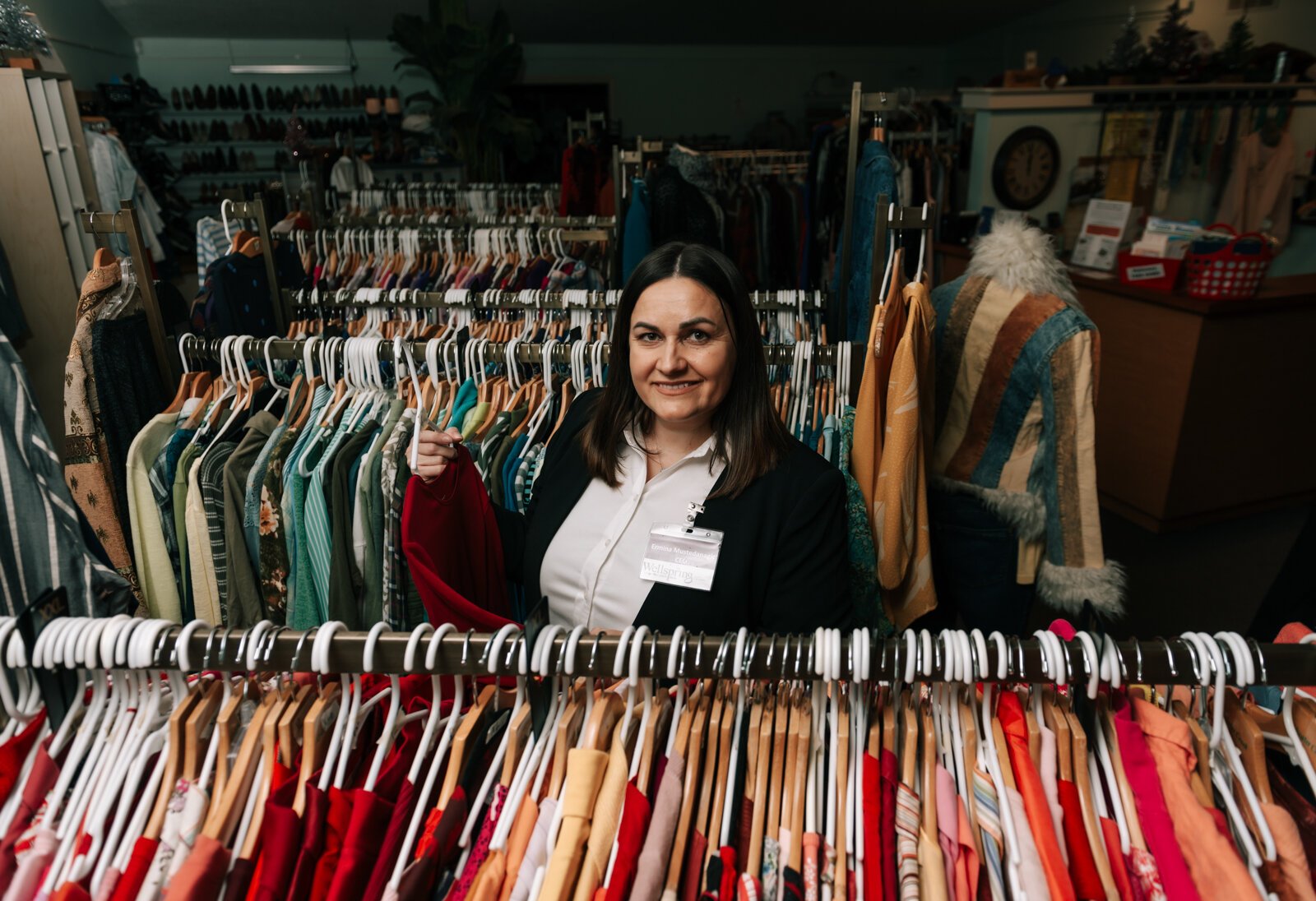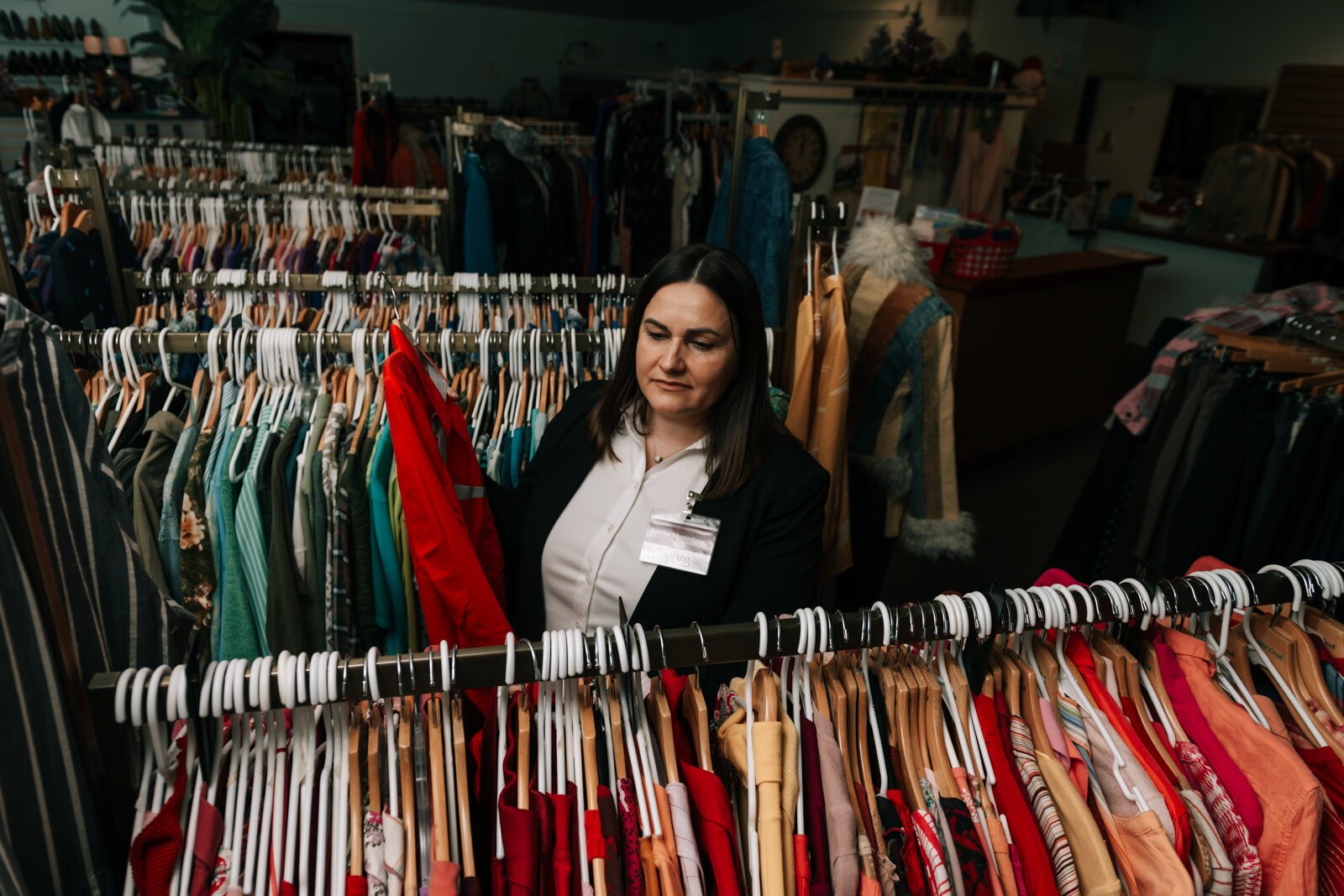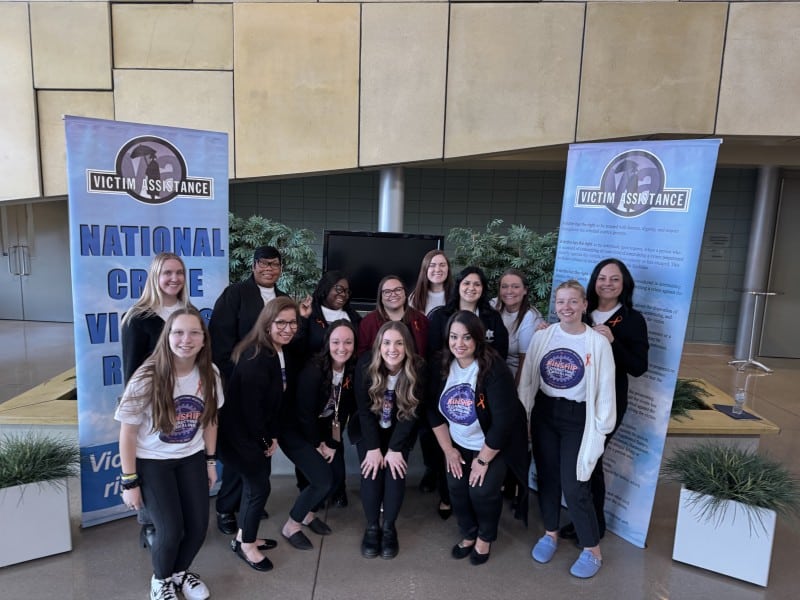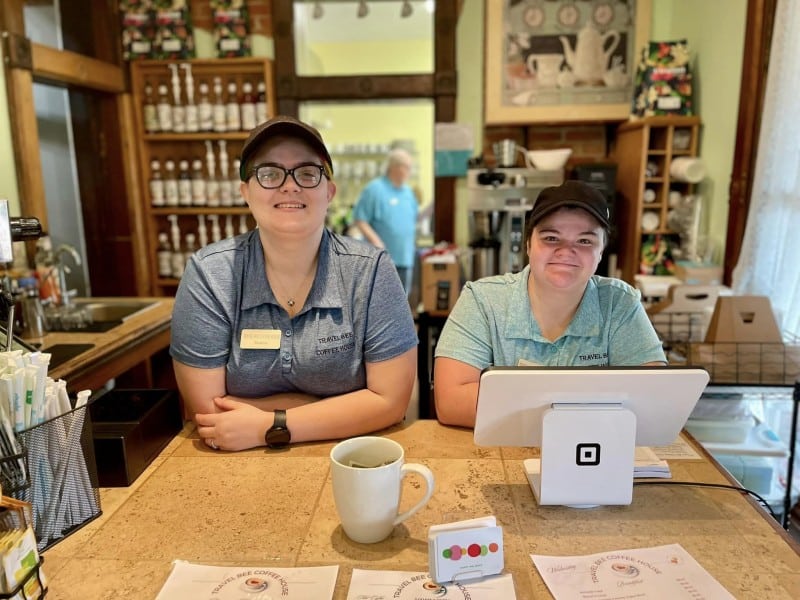Partner Partner Content How one woman’s immigration journey shaped a lifetime of service
“This community really is my inspiration for my work. When we needed a home, people welcomed us. That’s what I want to do for others in need."
This story was made possible by support from the St. Joseph Community Health Foundation.
At first glance, Ermina Mustedanagic might be any resident of Fort Wayne: She and her husband have two sons, she spends time with her parents and siblings on the weekends, and she’s been serving as chief executive officer of Wellspring Interfaith Social Services since October of 2022.
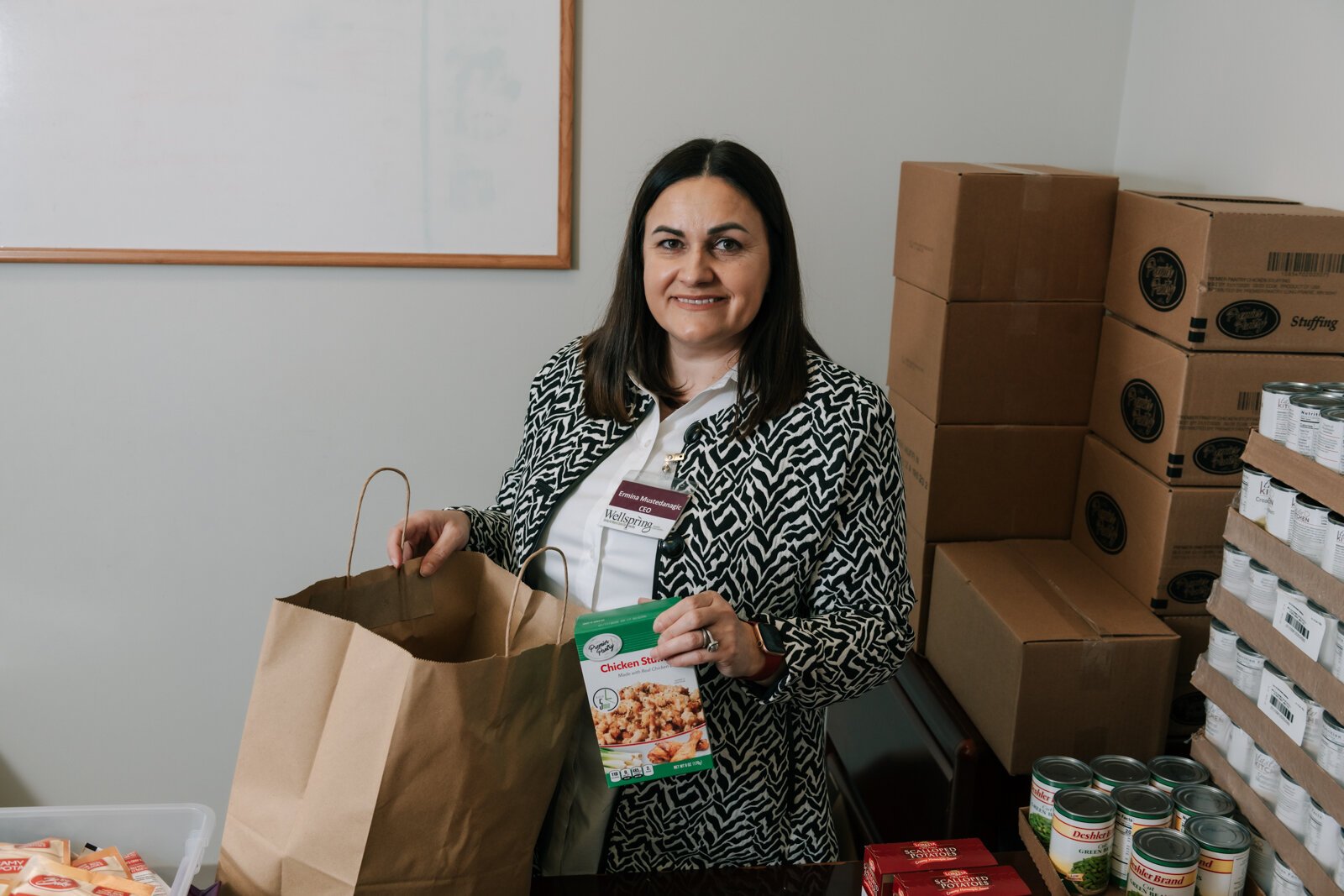
What you can’t see in Mustedanagic is the memories she carries with her from the Yugoslav Wars—and the lasting trauma that followed her when she immigrated to the United States with her family in the late 1990s. Having witnessed the horrors of war crimes, hunger, and disease, Mustedanagic could have entered the U.S. bitter and jaded, but instead, she brought with her a deep commitment to making sure other children wouldn’t have to face the same hunger, fear, and sickness she had.
“I was 10 years old when the war started, but I remember everything about it,” says Mustedanagic. “I saw things no child should ever have to see. My family was hungry; my siblings and I had to walk six and a half miles to and from school, and healthcare was broken. I remember getting strep throat, and it wasn’t treated on time—so it developed into rheumatic fever and caused permanent damage to my heart.”
After the war ended, Mustedanagic’s family had the opportunity to join relatives in Fort Wayne. More than 20 years later, they’re still here. She says it’s not a coincidence.
“This community was so kind to my family when we arrived in the U.S.,” says Mustedanagic. “We received opportunities here—my parents got jobs, and my siblings and I started school within a couple of weeks. I knew right away that I wanted to give back to the people here, even though I wasn’t sure what kind of career I wanted.”
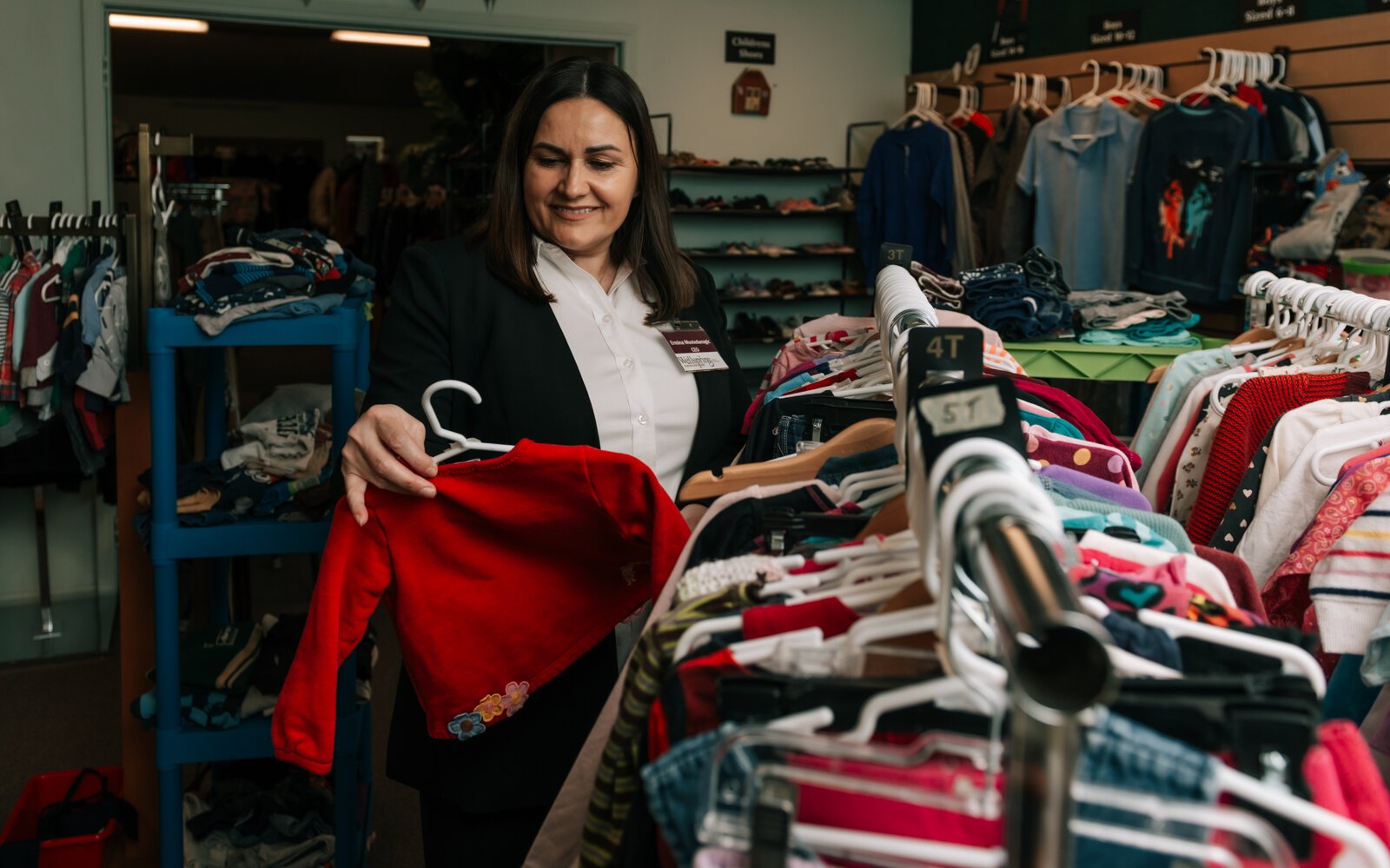
In pursuit of serving the community, Mustedanagic got degrees in medical assisting and surgical technology. During that time, she got an internship at Matthew 25 Health and Care, which inspired the next steps in her career.
“I knew I wanted to help people get access to quality healthcare, regardless of their ability to pay,” says Mustedanagic. “I went back to school and got a bachelor’s degree in healthcare administration and management, which opened doors for me to work in various roles at Matthew 25.”
Through 15 years at Matthew 25, Mustedanagic learned what it took to run an organization. She credits then-CEO Mark Dixon for mentoring her and preparing her to take on a CEO role in the community. When she was offered the position at Wellspring Interfaith Social Services, she saw another opportunity to serve people in need—and she took it.
“I always knew that to work in an organization, I needed to believe in its mission,” says Mustedanagic. “Matthew 25 was about making healthcare more accessible, which was really important to me. Then, becoming CEO at Wellspring allowed me to focus on another area I’m passionate about– making sure children and families in our community have enough food on the table. I know what it’s like to go hungry, and I don’t want children in Fort Wayne to know that feeling.”
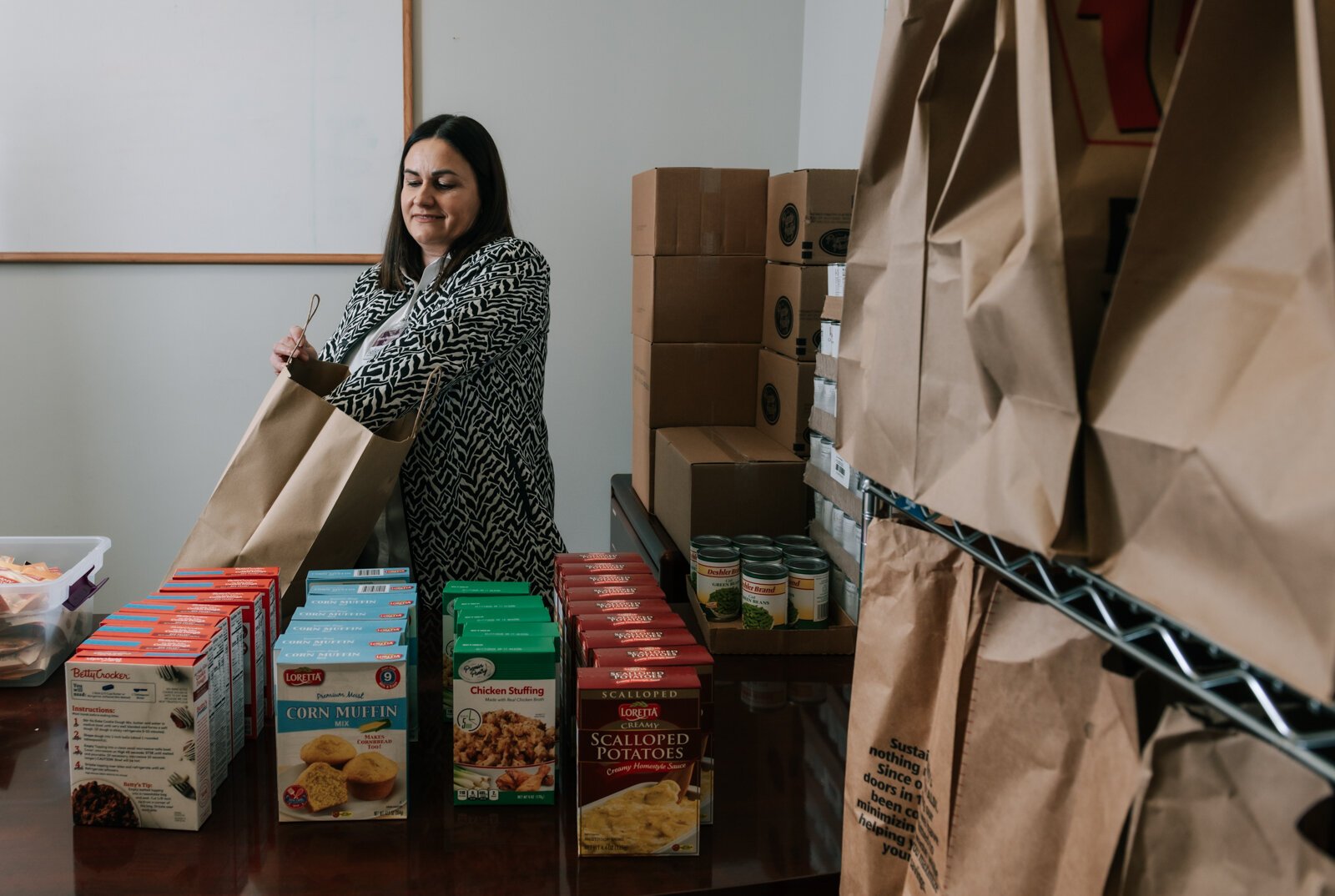
One of Wellspring’s strongest programs is its food bank, which was first established in 1981. Today, it provides food to the community five days a week and one Saturday each month. Additionally, the Wellspring on Wheels (WOW) van delivers food twice per week to food deserts in the community, where people would otherwise struggle to access fresh food.
Wellspring’s commitment to addressing food and nutrition insecurity in Fort Wayne aligns closely with one of the key impact areas for the St. Joseph Community Health Foundation (SJCHF)—and the two organizations have maintained a strong partnership for nearly 20 years.

“We first got involved with Wellspring in 2005, when we provided a grant to expand their food bank services by adding a fourth day,” says Meg Distler, executive director of SJCHF. “Since then, we’ve continued investing in their efforts as they’ve cared for people in our community. We’ve been most involved in the food and nutrition program—because Ermina and her team are dedicated to not just providing food, but healthy, culturally appropriate food.”
Part of what makes Wellspring’s food program unique is the emphasis it places on offering healthy choices for the people being served, rather than only stocking standard, Western food items. Mustedanagic lived the immigration story herself, and she knows the importance of having food options that offer a taste of home.
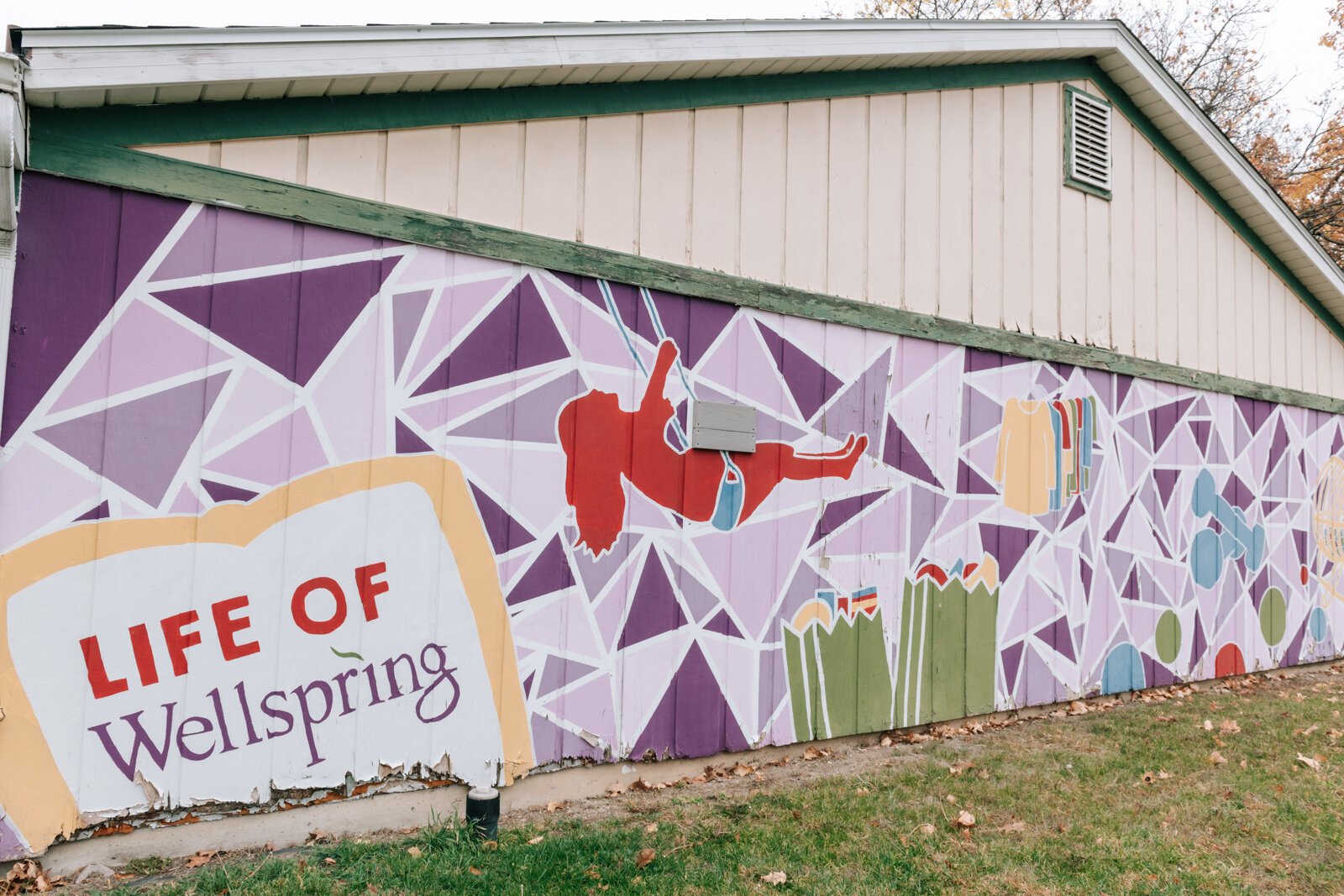
“A lot of food banks will pre-pack food and give it out in a ‘one-size-fits-all’ approach,” says Mustedanagic. “But at Wellspring, we really want people to be able to choose the foods that will best meet their needs. We also want to provide food that’s culturally relevant. Several of our frequent WOW sites—where we take food into the community—have a significant Burmese population. When we go to those places, we make sure we have a lot of fish, leafy greens, and rice available because we know those are familiar, nutritious options in their home culture.”
Under Mustedanagic’s leadership, Wellspring continues to pursue avenues for additional healthy food options. Using grant funds from SJCHF, Wellspring provides fresh fruits and vegetables at no cost to clients—and without the foundation’s support, nutritious food would not be as easily accessible for those in need.
“It’s very important to us that people get quality nutrition,” says Distler. “Nutrition insecurity is as critical as food insecurity, and Wellspring has done such a good job of providing healthy food to members of our community without sacrificing their cultural preferences.”
As Mustedanagic considers Wellspring’s future and envisions its impact on the community, she says she wants to continue providing resources for those in need—with the ultimate goal of moving them to independence, just like the people of Fort Wayne did for her family so many years ago.
“This community really is my inspiration for my work,” says Mustedanagic. “When we needed a home, people welcomed us. That’s what I want to do for others in need.

“We had a woman who came in once to receive food bank groceries, and she told us she wanted to pick up more hours at work—but she didn’t have anyone to care for her kids. We got her children enrolled in our after-school program, which offers supervision and homework help for school-age children at no cost to parents. A few weeks later, when we saw that woman at a Wellspring event, she told us she no longer needed food bank services because she’d been able to pick up more hours and earn enough money to cover healthy groceries for her family. That’s really what our work is about—empowering people to overcome adversity and thrive independently.”
The heart of Mustedanagic’s work at Wellspring is reflective of the mission at SJCHF, which is perhaps what makes the partnership between the two organizations so powerful. Mustedanagic shares the foundation’s passion for equipping the underserved in the Fort Wayne community, creating a ripple effect of health and sustainability.

“The St. Joe Foundation was started by the Poor Handmaids of Jesus Christ, who were immigrants themselves when they came to this area and set up the first hospital,” says Distler. “We are so fortunate to have Ermina in Fort Wayne, using her experiences to positively impact others. She is a gift to our community, and we love getting to support someone who has the same spirit of generosity and service as the Sisters, the Poor Handmaids, who planted our organization’s roots.”


